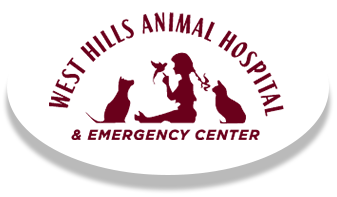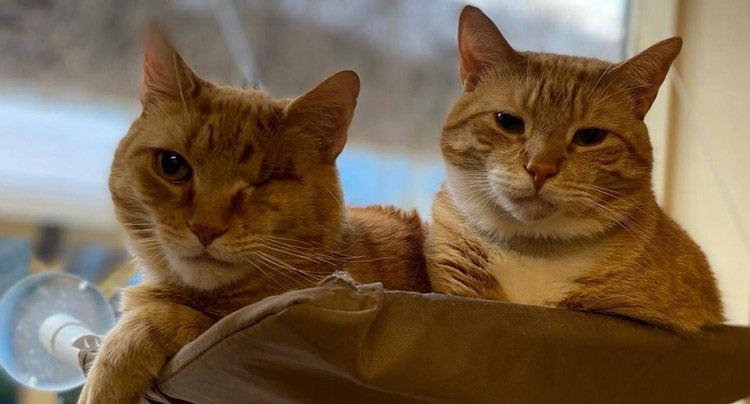Senior Cat Care
Senior cat care is especially important for older cats because cats age much faster than humans. How do you know when your cat is a “senior cat”?The answer is that there is no specific age at which a cat becomes “senior.” Individual cats age at different rates. As a general guide, however, the American Association of Feline Practitioners (AAFP) has suggested the following age ranges:
Mature to middle-aged: 7 to 10 years
Senior: 11 to 14 years
Geriatric: 15+ years
As your cat ages, changes begin to take place in their bodies that can affect their overall health, well-being and comfort. Illness and injuries occur that can be more easily managed when detected early. Our goal is for you and your cat to enjoy the longest, healthiest life together.
At West Hills Animal Hospital & Emergency Center, we recommend a comprehensive exam at least every 6 months for your senior cat. Depending upon your cat’s health and age, we may also recommend routine annual blood profiles and a urinalysis to look for potential health concerns. Our senior cat wellness package is inclusive.
Cats hide their health issues, so you need to be watchful of your senior cat. Please call us if you notice any of the following sign to schedule an appointment to have your cat evaluated:
- Weight loss
- Decrease in appetite
- Bad breath or drooling
- Increased appetite, especially if accompanied by weight loss
- Changes to hair coat quality
- Increased vocalization or frantic behavior, especially if accompanied by a ravenous appetite
- Excess or change in urination frequency, volume, etc.
- Increased water intake
- Decreased activity level, increased stiffness or difficulty grooming
- Apparent pain when your cat moves or is handled
- Sudden tendency to bite or jump from your lap when you brush or pet your cat
- Any vomiting, abnormal stool or decreased frequency of bowel movements
- A new lump or growth, especially if it appears to increase in size quickly
- Depression or listless behavior
- Increased respiratory rate or open mouth breathing
- Coughing
- Going outside the litter box
Please call us today to schedule a wellness exam for your senior cat.






